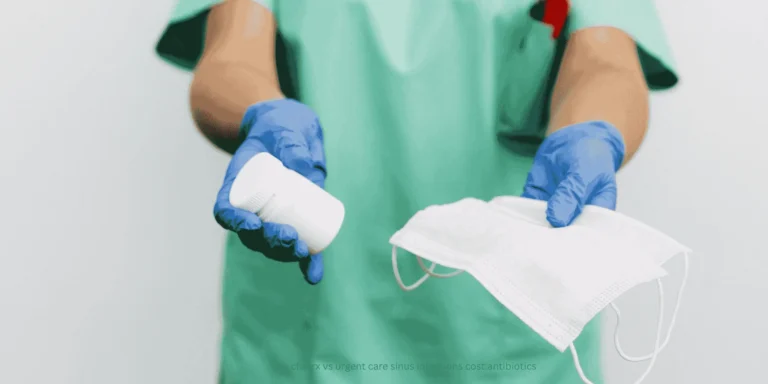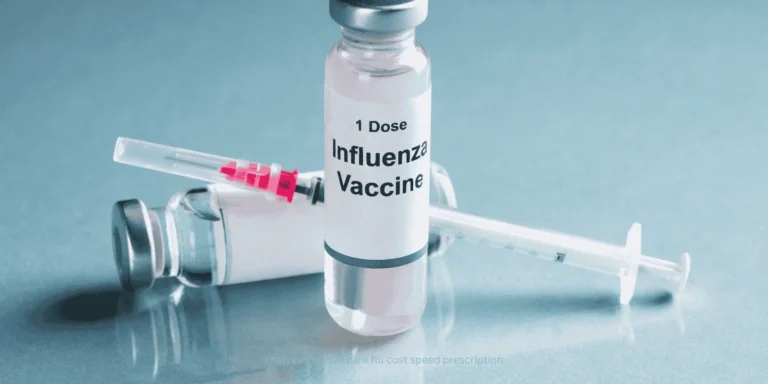Upper respiratory infections typically begin with subtle symptoms that gradually intensify over 1-3 days. Recognizing these early warning signs helps you take action before the infection becomes more severe.
First 24-48 hours: Throat scratchiness is often the earliest symptom – a mild irritation or tickle that makes you want to clear your throat frequently.
Nasal congestion begins subtly, starting with slight stuffiness that progresses to more noticeable blockage.
Fatigue may be more pronounced than usual, with feelings of being “run down” or lacking normal energy.
A mild headache often develops, particularly in the forehead or behind the eyes.
Early nasal symptoms: Clear, watery discharge starts before congestion becomes severe. This thin drainage may initially be mistaken for allergies.
Sneezing becomes more frequent, often in clusters rather than occasional sneezes.
Sinus pressure develops gradually, creating a feeling of fullness in the face or cheeks.
Throat and voice changes: Voice hoarseness may begin before significant throat pain develops.
Dry cough often starts as an occasional throat clearing that becomes more persistent.
Difficulty swallowing might be noticed when drinking cold liquids.
Systemic early signs: Low-grade fever (99-100°F) may develop, though many viral URIs don’t cause fever initially.
Body aches are usually mild in the early stages but may affect the neck and shoulders first.
Appetite changes with decreased interest in food or altered taste sensation.
Sleep disruption from nasal congestion or throat irritation begins to affect rest quality.
Progression patterns: Days 1-2: Mild symptoms that might be dismissed as allergies or tiredness.
Days 3-4: Symptoms become clearly recognizable as an infection with worsening congestion and cough.
Days 5-7: Peak symptom severity before gradual improvement begins.
When early intervention helps: Starting supportive care early (rest, fluids, humidifier) can potentially reduce symptom severity and duration. However, most viral URIs must run their course regardless of treatment timing.
If you’re experiencing early cold symptoms that worsen or persist beyond 7-10 days, ChatRx can help evaluate whether you might have developed a bacterial infection requiring antibiotic treatment.












